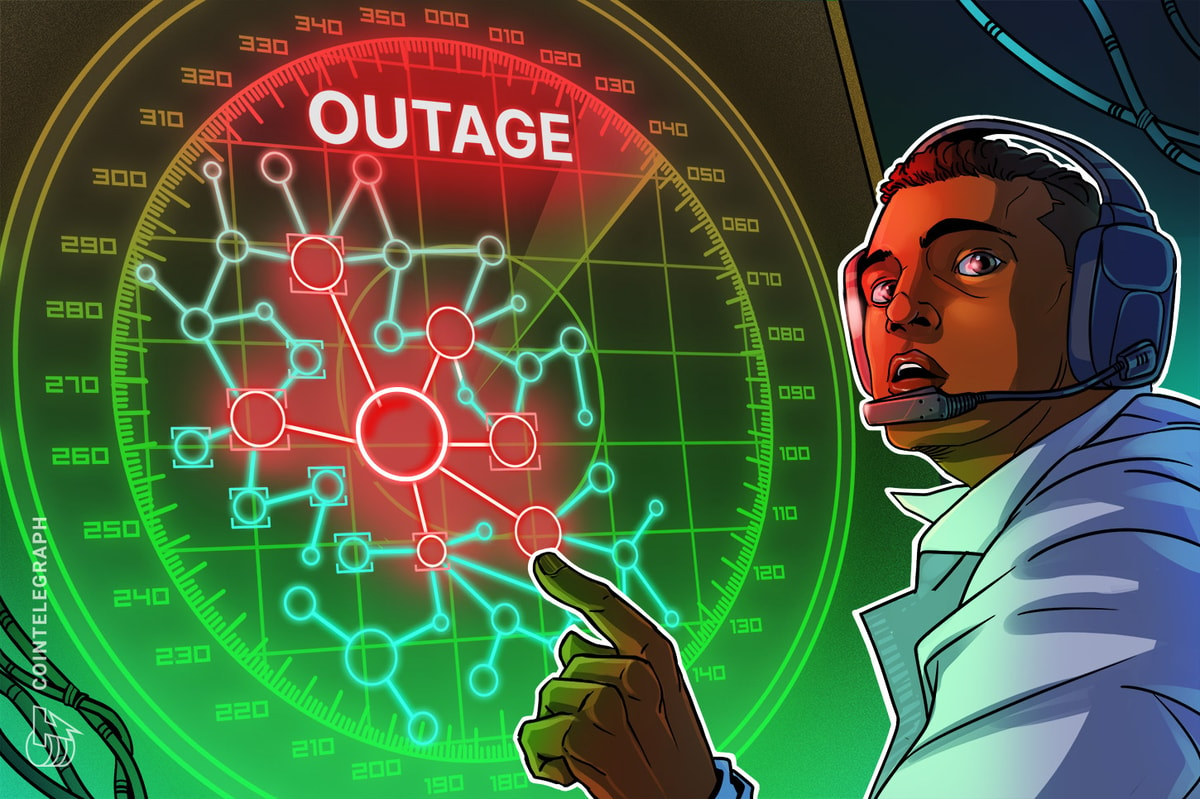TLDR
- EU finance ministers have moved closer to reaching a consensus on the digital euro’s framework
- The digital euro will operate alongside commercial bank money, providing a secure payment system for consumers and businesses.
- Finance ministers have agreed to give EU officials a say in the issuance of the digital euro and the amount each resident can hold.
- ECB president Christine Lagarde emphasized the political importance of the digital euro for European financial sovereignty.
- The digital euro’s launch could take years, with the European Parliament set to debate the legislation this fall.
EU finance ministers have moved closer to a consensus on the launch of the digital euro. The digital euro, a central bank digital currency (CBDC), aims to provide a strategic alternative to U.S.-dominated payment systems like Visa and Mastercard.
Finance ministers recently met in Copenhagen to discuss the digital euro’s potential role in the European financial landscape. The EU intends for the digital euro to operate alongside commercial bank money, ensuring a robust and secure payment method for consumers and merchants. However, the project could take years to implement, despite the progress made.
EU Ministers Discuss Digital Euro Framework
In a key meeting, EU finance ministers and European Central Bank (ECB) president Christine Lagarde outlined the framework for the digital euro. The discussions centered on how the digital euro could complement existing commercial bank money while maintaining stability in the European economy.
The digital euro would allow consumers and businesses to use an online wallet issued against the Eurosystem’s balance sheet. This system aims to provide a secure and accessible means of payment.
A recent agreement between the finance ministers and the ECB gives EU officials a say in the issuance of the digital euro. This includes determining how much money each resident can hold in digital euro.
The agreement seeks to address concerns over potential bank runs, ensuring that the digital euro does not destabilize the existing financial system. Lagarde emphasized the digital euro’s political significance, stating that it represents Europe’s sovereignty in managing payments and financial infrastructure.
Long Road Ahead for Digital Euro Implementation
Despite the progress in discussions, the launch of the digital euro may still take several years. The European Parliament must approve the legislation, which could face heated debates in the coming months. The ECB hopes to finalize the legislation by June 2026, but the actual issuance of the digital euro could take up to three additional years.
The digital euro project is being criticized, particularly by Spanish lawmaker Fernando Navarrete Rojas. Navarrete has raised concerns about the risks posed by the digital euro, including potential threats to financial stability and data privacy.
He questioned whether a digital euro addresses an actual need in the current financial system. His skepticism adds to the ongoing debate about its feasibility and necessity.

 1 month ago
22
1 month ago
22










 English (US) ·
English (US) ·